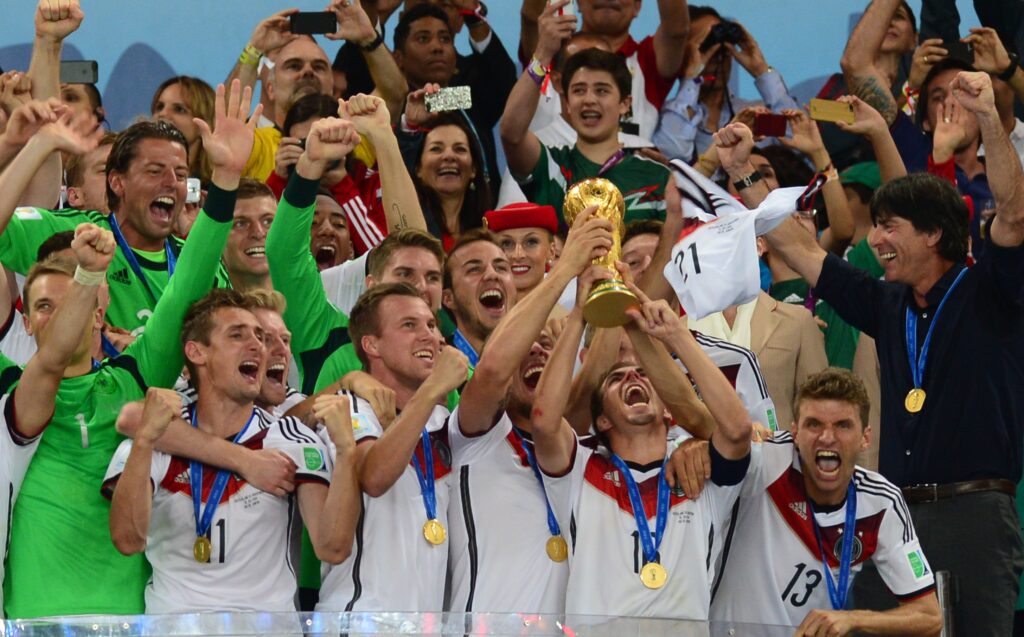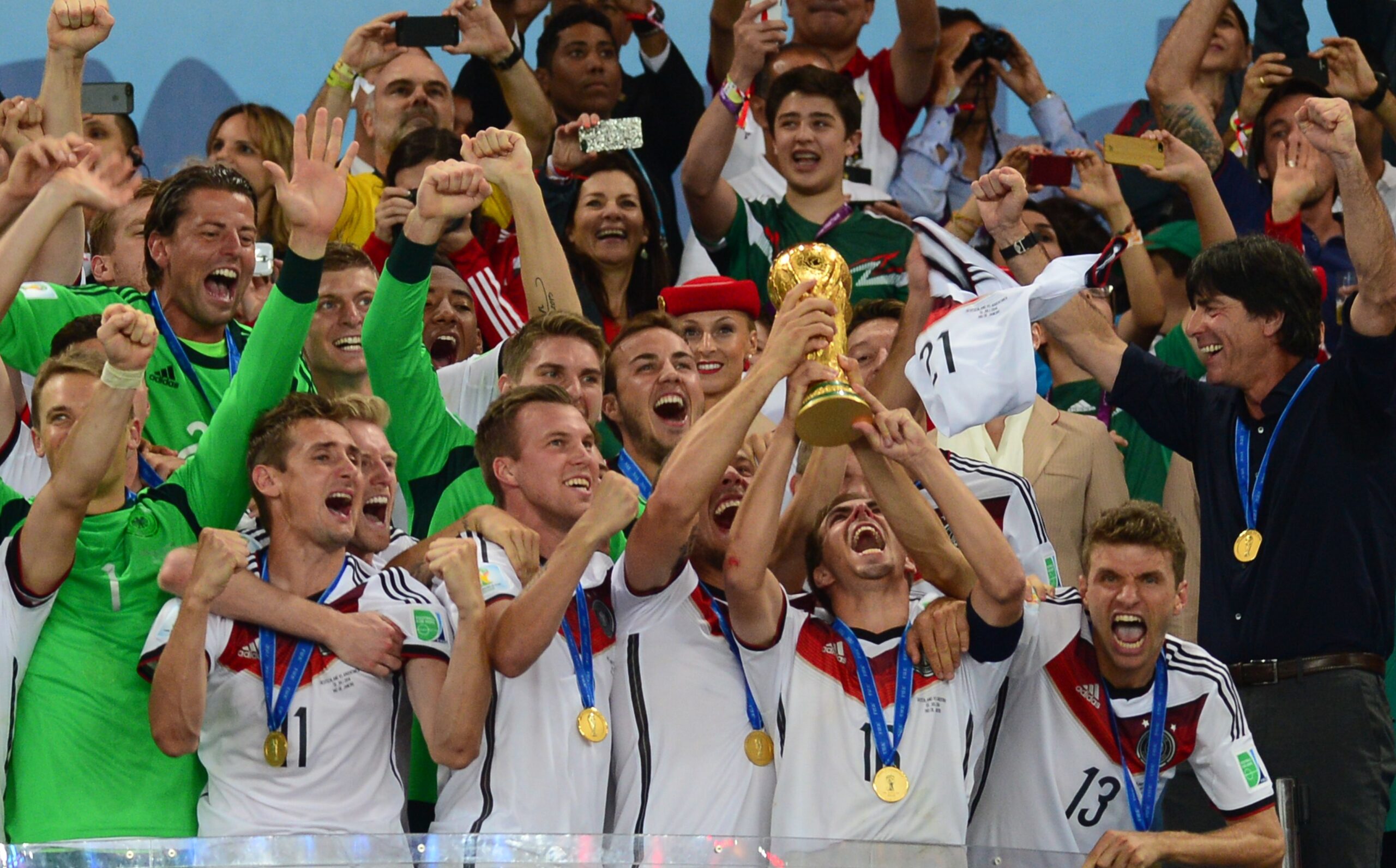Modern football fans have grown up seeing competitions such as the Champions League and the World Cup with the same format time and time again, and I can quite confidently say I’ve never heard anyone complain about them or advocate for their change or improvement.
So why are both FIFA and UEFA drastically changing the competition formats of the World Cup and the Champions League, and what questions do these changes raise about the essence of the game?
The World Cup is expanding from 32 to 48 teams, reorganising into 12 groups of four. Additional slots are distributed among continents, whilst the top two teams from each group, along with the eight best third placed teams, advance to the knockout stage.
Conversely, the Champions League abandons the group stage entirely for a single league of 36 teams, each side playing eight matches against different opponents. The top eight teams advance directly to the last 16, while those placed 9th to 24th engage in a playoff round.
It’s no surprise that financial gains are a driving force behind these changes, with a projected $1 billion increase in income, and $640 million in additional profit for the World Cup.
FIFA President Gianni Infantino says the money will be reinvested in football: “Increasing the size of teams which can participate will increase the investment in football development, to make sure that the teams can qualify”. Although doubts linger due to the vagueness of the statement (i.e., who’s the money actually going to, and is it in responsible hands) and FIFA’s history of corruption. Similarly, UEFA President Aleksander Ceferin cites improved competitive balance and increased revenues for the Champions League, aligning with a broader trend of prioritising financial interests over the purity of the game.

From an entertainment perspective, there are two main problems. Firstly, it now seems virtually impossible for so-called ‘giant killings’ to occur. This is mainly due to the dilution of competition and number of games played, especially in the World Cup. There’s next to no chance that one of the big nations will get knocked out in the group stages, simply because the minimum number of points you need to progress is less, and the standard of opposition is weaker, due to 16 more nations being allowed to enter.
The financial motivations of FIFA and UEFA are evident. Longer stays for top teams translate to increased viewership and, consequently, more revenue. Yet the evident disregard for the fans’ enjoyment and the unpredictability of the game raises questions about the values driving football’s governing bodies. Can you ever see Brazil finishing rock bottom of their World Cup group with opponents such as Tanzania and Lebanon, or Real Madrid finishing lower than 24th in a 36-team league? I’m not too sure.
There’s clear proof that quantity is prioritised over quality too, especially when you consider how many games the players now have to play, and how tough it will be for them to be at peak physical fitness for all of them.
Those playing in Europe will now have to play twice a week, most weeks for a whole season, and if the World Cup is on, they’ll have to travel earlier due to it now being a bigger tournament. This leaves them with less rest time despite having an even more action-packed season, completely disregarding the fact that injuries have already been exponentially increasing in recent seasons. This season in the Premier League there has been an increase of about 96% for hamstring injuries (the most common injury for footballers) compared to the last campaign, with 53 incidents – 26 more than during 2022-23, despite being less than a third of the way into the season.
In summary, the recent alterations to football tournament formats raise fundamental questions about the direction of the sport. The balance between tradition, entertainment, and financial interests appears precarious, with potential consequences for the quality of competition, the thrill of the game, and the health of the players. As football navigates this evolving landscape, the phrase ‘football: made by the poor, stolen by the rich’ becomes increasingly reflective of the current state, as decisions by governing bodies seem detached from the values that make football what it is to those who matter the most: the fans.

